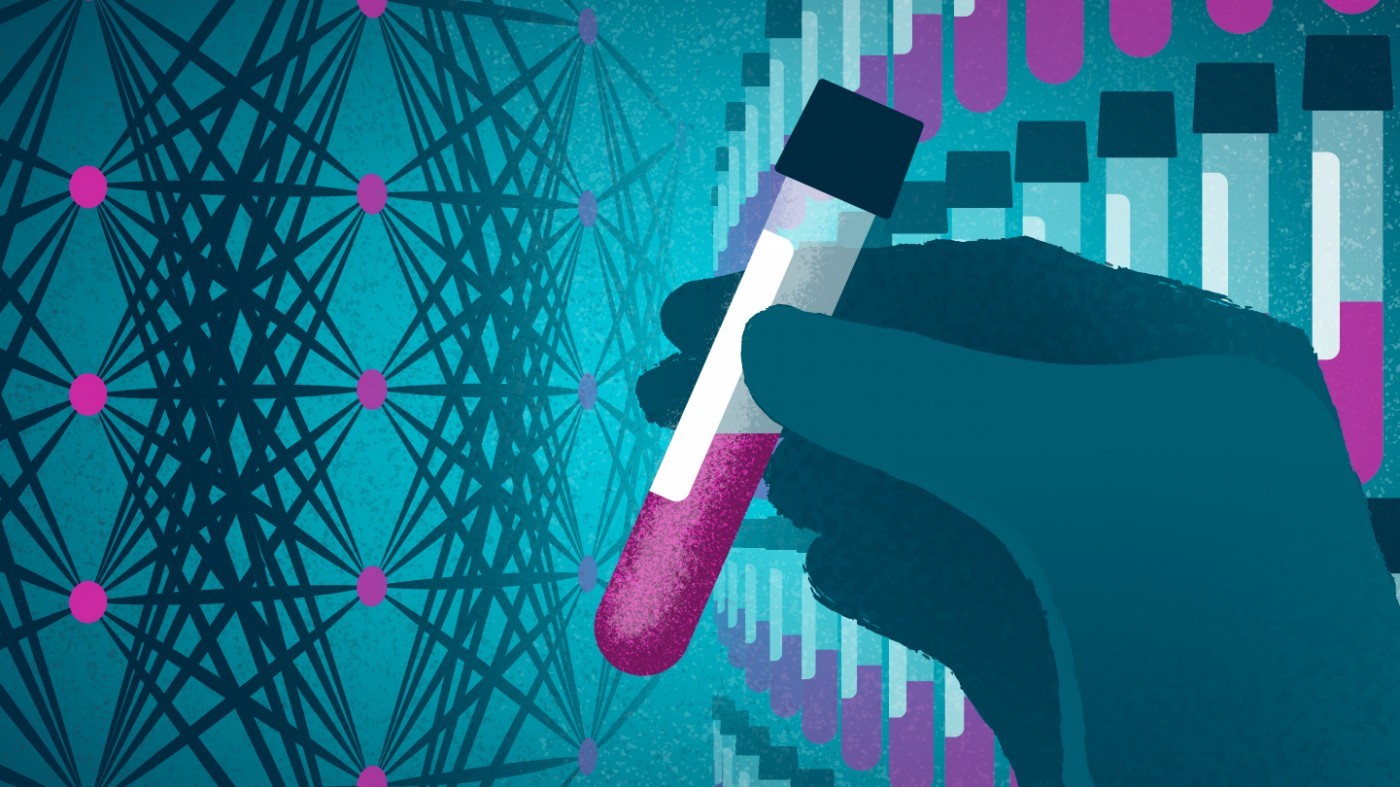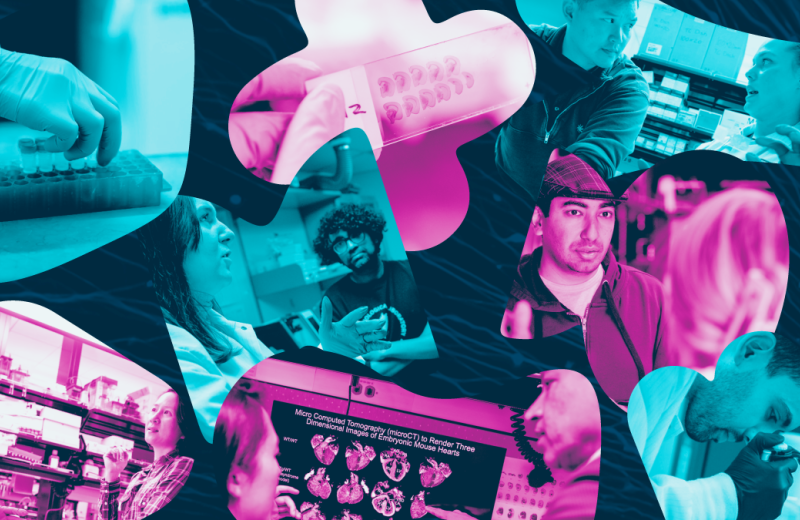Gladstone NOW: The Campaign Join Us on the Journey✕

A Gladstone-led team hopes to predict future patient outcomes using the data from current COVID-19 cases.
Health care workers determining care for COVID-19 patients face great uncertainty in regard to outcomes due to the wide span of disease effects. Patients’ symptoms range from none at all to serious illness or death. Scientists at Gladstone want to reduce uncertainty in treating COVID-19 cases by identifying the biological molecules—also called biomarkers—that correlate with specific disease outcomes. For this, they will rely on a breakthrough technology already applied to understanding recurrence of HIV. The outcome of this work would be twofold: health care workers could determine courses of care based on outcomes of other patients with similar biomarkers, and scientists could use the biomarker data to guide vaccine development as well as other immune interventions.
With the global case number approaching 15 million by July 2020, the potential pool of data is large and the answers gleaned from it could have a strong impact. Making sense of a potentially massive set of data requires a tool that can handle the heavy input. Gladstone scientists were already collaborating on a tool to identify biomarkers that predicted the time it took for the HIV virus to rebound in infected individuals after they stopped antiviral therapy.
This tool is found in BioMark, a program funded by the National Institute of Allergy and Infectious Diseases led by Gladstone Senior Investigator Warner Greene, MD, PhD. It took a team to build this program including Nadia Roan, PhD, and Satish Pillai, PhD, from the Vitalant Research Institute. Katie Pollard, PhD, director of the Gladstone Institute of Data Science and Biotechnology and Reuben Thomas, PhD, also contributed by developing the data science pipeline that would cumulate and analyze massive data sets. These data sets are generated by Roan’s work in mass cytometry, Greene’s results from RNA sequencing, and Pillai’s analysis of circulating nucleic acids and proteins.
The BioMark team collectively decided to shift its technology platforms and data analytics to study COVID-19, specifically to identify biomarkers in and on blood cells and markers circulating in the plasma that predict the clinical course of COVID-19 patients.
“By combining these three powerful technologies and BioMark’s robust data science pipeline, we will be in a strong position to identify biomarkers predicting which patients will likely require ICU care and possibly intubation versus those that can be safely managed as outpatients at home,” says Greene.
The data science pipeline is absolutely critical to the success of this effort. This pipeline exploits supervised machine learning. This type of machine learning is akin to humans learning by example. The machine is presented with a large number of examples—in this case blood cell markers, transcriptomic patterns, and circulating factors—that it tests for correlations with the clinical course ultimately followed by COVID-19 patients.
With good predictive biomarkers, health care providers can use this information to triage patients more effectively. Scientists can take advantage of the individual molecular signatures to glean insights into viral pathogenesis and the immune responses that likely produce the different clinical outcomes. Scientists can then parlay this knowledge into the design of more effective therapies.
“Our BioMark-COVID-19 platform will impact the short-term goals like proper care for patients based on case severity and the long-term goal of finding better ways to build immunity through vaccines or other therapies,” says Pollard, who will lead the data analysis.
Support Our COVID-19 Research Efforts
Gladstone scientists are moving quickly to respond to the coronavirus outbreak. Help us end this pandemic.
Gladstone’s Scientific Highlights of 2025
Gladstone’s Scientific Highlights of 2025
From fundamental insights to translational advances, here’s how Gladstone researchers moved science forward in 2025.
Gladstone Experts Alzheimer’s Disease Autoimmune Diseases COVID-19 Neurological Disease Genomic Immunology Cardiovascular Disease Data Science and Biotechnology Infectious Disease Conklin LabScience in Seconds | Researchers Pinpoint Key Gene Behind Heart Defects in Down Syndrome
Science in Seconds | Researchers Pinpoint Key Gene Behind Heart Defects in Down Syndrome
In this video, Gladstone scientists share how they used stem cells, gene editing, and AI to identify a gene driving heart defects in Down syndrome—and how reducing its levels in mice restored normal heart development, offering hope for future treatments
Gladstone Experts Cardiovascular Disease Data Science and Biotechnology Pollard Lab Srivastava Lab AI Big Data CRISPR/Gene Editing Human Genetics Stem Cells/iPSCsScience in Seconds | The Thinking Microscope: Research Powered by an AI Brain
Science in Seconds | The Thinking Microscope: Research Powered by an AI Brain
In this video, Steve Finkbeiner and Jeremy Linsley showcase Gladstone’s groundbreaking “thinking microscope”—an AI-powered system that can design, conduct, and analyze experiments autonomously to uncover new insights into diseases like Alzheimer’s, Parkinson’s, and ALS.
Gladstone Experts ALS Alzheimer’s Disease Parkinson’s Disease Neurological Disease Finkbeiner Lab AI Big Data



